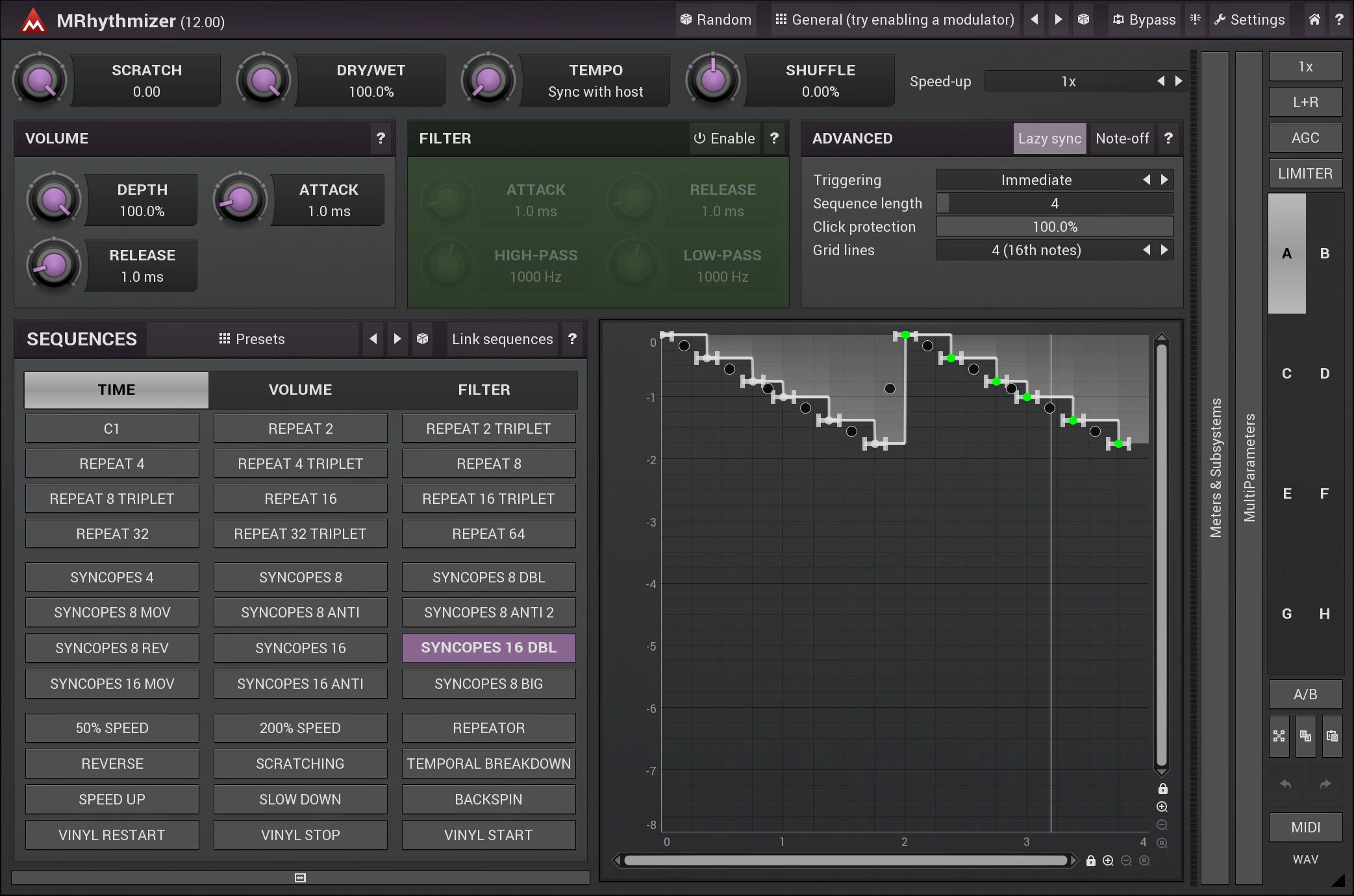

We police in America in communities of color and economically challenging community, we police based on the behavior of the numerical minority that is committing crime. GROSS: When you use the expression police culture, what are some of the things you have in mind?ĪDAMS: Well, how we police in America. But that is not what the overwhelming number of officers of color - many of them have bought into the police culture and they play very little, if not any role at all of moving towards reform. And so it was easy for me to adopt that understanding. I understood that the uniform came off and I was among those people who were still yelling, no justice, no peace, it's time for change. But because I spent so much time raising my voice to reform the police department, I understood that when people looked at the uniform, they did not see my face. GROSS: So what does that - what did that do to you as a police officer when you felt that somebody looking at you saw you as a symbol of oppression?ĪDAMS: If I was not very much a part of raising my voice for reform and change, it would have made me bitter like many black officers are. If you were a victim of a crime and a law enforcement officer was there to provide, to nurture and to care or to save the life or you or your family, that symbol is different.īut if every encounter you've had with a police officer was a negative symbol, then when you see that uniform, that shield, that gun, it becomes a symbol of repressive behavior. And that symbol and that reflection changes depending on what relationship you have with the law enforcement officer. What do you think they saw when they looked at you and just saw the uniform, the cop?ĮRIC ADAMS: I think that we're in a country of symbols. In your recent op-ed, you wrote about the feeling you had when you were in uniform that some people saw you, a police officer, and they saw the uniform, but they didn't see the man wearing it. Since 2013, he's served as the Brooklyn borough president.Įric Adams, welcome to FRESH AIR. He was elected to the New York State Senate in 2006. After serving 22 years, he retired as a police captain. In 1995, he co-founded the reform group 100 Blacks In Law Enforcement Who Care. He says as a police officer, he tried to uphold the law while raising his voice to reform policing and make it better. And people would direct their anger at him, not realizing he'd stood with them just hours earlier. There were evenings when he was policing the same protests, trying to keep the peace. In a recent New York Times op-ed, he wrote that there were days when he marched shoulder-to-shoulder with outraged New Yorkers chanting, no justice, no peace, after police shot and killed or brutally beat a black man. As a black man and former police officer, my guest, Eric Adams, has a dual perspective on racism and the police.


 0 kommentar(er)
0 kommentar(er)
